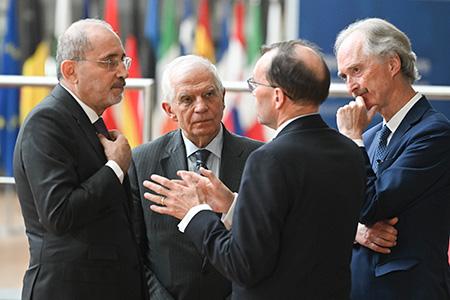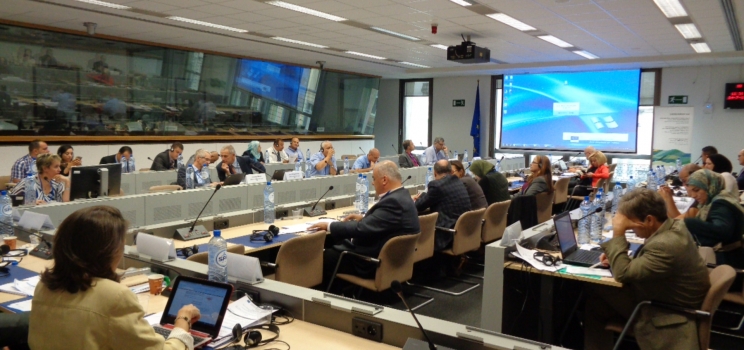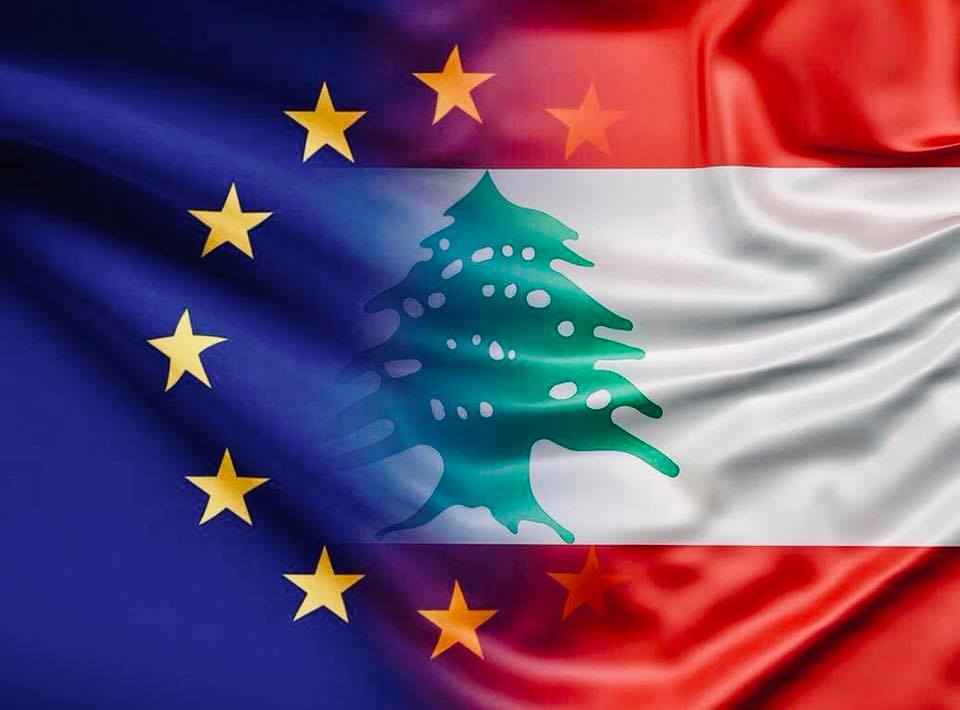Brussels VIII Conference renews international support for Syria and the region raising more than €7.5 billion

On 27 May, during the eighth edition of the Brussels Conference on ‘Supporting the future of Syria and the region’ hosted by the European Union, the donor community pledged a total amount of €7.5 billion. This strong commitment shows once more the willingness of the EU and the international community to mitigate the impact of the Syrian crisis; and support the populations both in Syria and in neighbouring countries. The total amount of pledges includes €5 billion of grants and €2.5 billion of loans for 2024 and beyond.
The overall figure includes the €2.12 billion pledged by the EU for 2024 and 2025, announced during the conference by High Representative for Foreign Affairs and Security Policy/Vice-President of the European Commission, Josep Borrell. The total amount pledged by the EU and its Member States amounted to almost €6 billion, reaffirming them as the largest donor to the Syria response.
The Ministerial meeting brought together representatives from EU Member States, neighbouring countries, other partner countries, international organisations, including the UN, and international financial institutions to mobilise vital financial support to address the most pressing needs of Syrians and their host communities in the region. The event concluded with the announcement of the global pledge amount by Commissioner for Crisis Management, Janez Lenarčič.
The Ministerial meeting built upon the conclusions of the ‘Day of Dialogue’, held on 30 April. The over 600 participants of ‘Day of Dialogue’ – from Syrian civil society organisations from Syria, neighbouring countries, and the diaspora; the UN; EU Member States; partner countries and international NGOs – exchanged views during six thematic panel discussions, focusing on: the political process and UN Security Council Resolution 2254; early recovery and resilience; health and education; livelihood opportunities; and the issue of missing persons and accountability.
The key takeaways from the Day of Dialogue were conveyed during the Ministerial meeting by three rapporteurs from Syrian the civil society.
Preparations for the Conference included online and in-country consultations with civil society organisations active in the Syrian crisis. Moreover, around 50 side events took place in the margins of the Conference, in addition to a rich cultural programme showcasing Syrian arts and voices in Brussels.
More information can be found here and on the Brussels VIII Conference website.




























 Syria
Syria 





